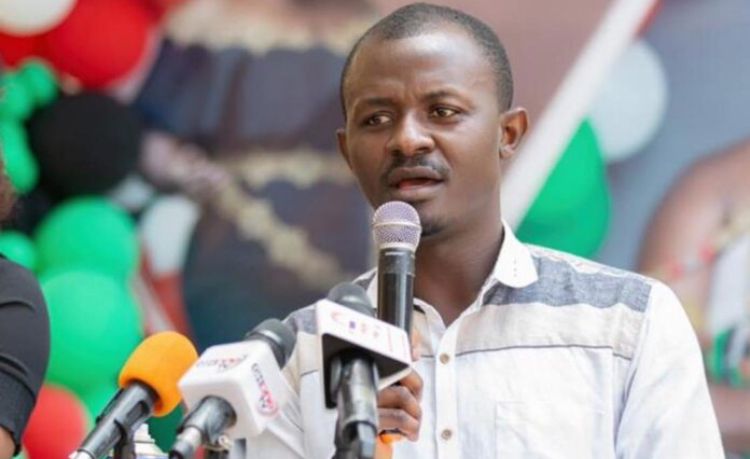Charles Asiedu’s proposition to reduce the salaries of NPP minority MPs and allocate a portion for data purchases to facilitate remote participation in parliamentary sessions has ignited a contentious debate concerning the role of the minority in a parliament dominated by the ruling party. Asiedu’s suggestion, made during a televised panel discussion, reflects a growing tension between the NDC majority and the NPP minority in Ghana’s 9th Parliament. His argument centers on the perceived obstructionist tactics employed by the minority, implying that their presence in parliament serves little purpose given the NDC’s overwhelming majority. He contends that allowing the minority to participate remotely would streamline parliamentary proceedings and save taxpayers’ money, while still affording them the opportunity to observe the legislative process. This proposal, however, raises critical questions about the fundamental principles of parliamentary democracy, particularly the role of the opposition in holding the government accountable and ensuring diverse perspectives are considered in the legislative process.
Asiedu’s justification for his proposal rests on the NDC’s significant majority in the 9th Parliament. With 183 seats compared to the NPP’s 88 seats, the NDC possesses the power to pass legislation without requiring the support of the opposition. He argues that this numerical advantage renders the physical presence of the minority MPs redundant, suggesting that their contributions can be effectively channeled through remote participation. Furthermore, he links the minority’s perceived obstructionist behavior to their criticism of the President’s phased approach to ministerial appointments, implying that their objections are rooted in partisan politics rather than genuine concern for good governance. This line of reasoning, however, overlooks the crucial role of the minority in scrutinizing government policies and ensuring accountability, even in the face of a dominant majority.
The proposal to reduce the salaries of minority MPs highlights the potential for the majority to marginalize the opposition’s voice in a parliamentary system. While Asiedu frames his suggestion as a cost-saving measure, critics argue that it undermines the fundamental principles of democratic representation. The minority’s role extends beyond simply voting on legislation; it includes participating in debates, raising questions, proposing amendments, and holding the government accountable for its actions. Restricting their physical presence in parliament and reducing their salaries could significantly diminish their ability to perform these crucial functions. Such a move could also set a dangerous precedent, potentially paving the way for future majorities to further marginalize dissenting voices.
The composition of the 9th Parliament, with its significant NDC majority and a small contingent of independent MPs, creates a unique dynamic. While the NDC’s dominance empowers them to push through their legislative agenda, it also carries a responsibility to ensure that the voices of the minority and the independent members are heard and respected. The presence of four independent MPs adds another layer of complexity. These members, while not affiliated with either major party, can play a critical role in shaping legislative outcomes, particularly in instances where the majority’s internal divisions or the minority’s staunch opposition create a stalemate. Their independence allows them to act as mediators, bridging the gap between the two major parties and potentially influencing the direction of policy.
The debate sparked by Asiedu’s proposal underscores the broader challenges facing parliamentary democracies in dealing with significant majority-minority imbalances. While a strong majority can facilitate the efficient passage of legislation, it also carries the risk of silencing dissenting voices and limiting the scope of debate. Finding a balance between efficient governance and robust democratic participation requires a commitment from both the majority and the minority to engage in constructive dialogue and respect the legitimate role of the opposition. This includes upholding the rights of minority MPs to fully participate in parliamentary proceedings and ensuring that their voices are heard and considered in the decision-making process.
The controversy surrounding Asiedu’s suggestion highlights the need for ongoing dialogue about the role of the opposition in a democratic system. While the NDC’s substantial majority in the 9th Parliament might seem to diminish the immediate impact of the NPP minority, the fundamental principles of parliamentary democracy necessitate respecting and incorporating their perspectives. The long-term health of Ghana’s democracy depends on upholding these principles, ensuring a balance of power, and fostering an environment where diverse voices contribute to shaping the nation’s future. The challenge lies in finding mechanisms that both facilitate efficient governance and safeguard the vital role of the opposition in holding the government accountable and representing the interests of all citizens, not just those who voted for the ruling party.














